All parents want their children to succeed, to have skills that they would have loved to have. The issue comes in when you start pressuring your child or make it so that the skills they learn become more of a chore than a fun experience. Guitar is one of those skills that has a variety of benefits.
The dexterity of the fingers and hands that comes from learning to play, the creativity and expression that comes from playing music, and the confidence you can build in your child all make it worthy of learning. However, where most parents falter is how they can make it fun for their children when it can be a long process to build the skill. Here we will see various tips on how To Teach A Child To Play Guitar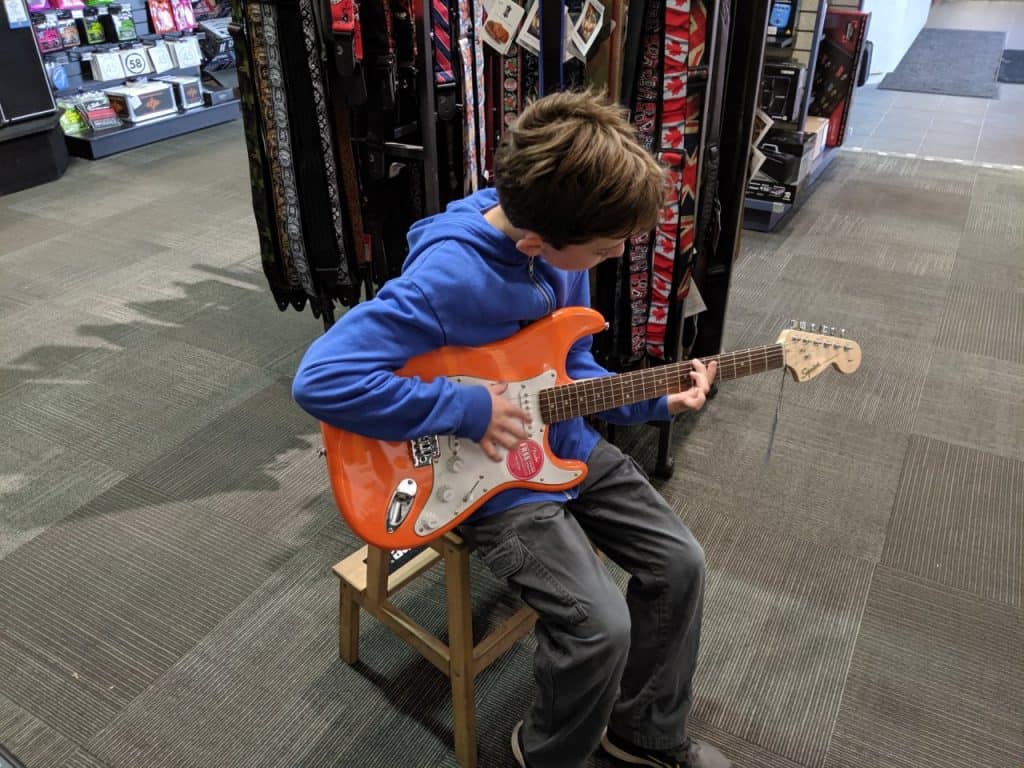
Set Reachable Goals
The first thing to do is to sit with your child and discuss setting some reachable goals that are realistic. “Your child is not going to be the next Jimi Hendrix or Eric Clapton after one lesson, but there are goals you can give them that make them feel like they’ve achieved something,” counsels Norma Barone a technical writer for UK Writings and Elite assignment help. Mastering proper fingering, playing an entire warm up, knowing a certain number of chords; all of these give your child milestones that they can use to manage their progress and feel like the time is worthwhile. You should set short term and long term goals. The short-term goals can match up with the lessons they are having, the long-term goal could be being able to play their favourite songs or nursery rhymes on guitar.

Every time your child reaches a larger goal you could reward them in some way, a trip out somewhere of their choice at the weekend or stars on their good behaviour chart. Even for smaller goals, taking the time to tell your child “good job” and recognising the achievement can help them feel good. You could even use smaller rewards here, an extra 10 minutes before bedtime or a sweet treat.
Set a Schedule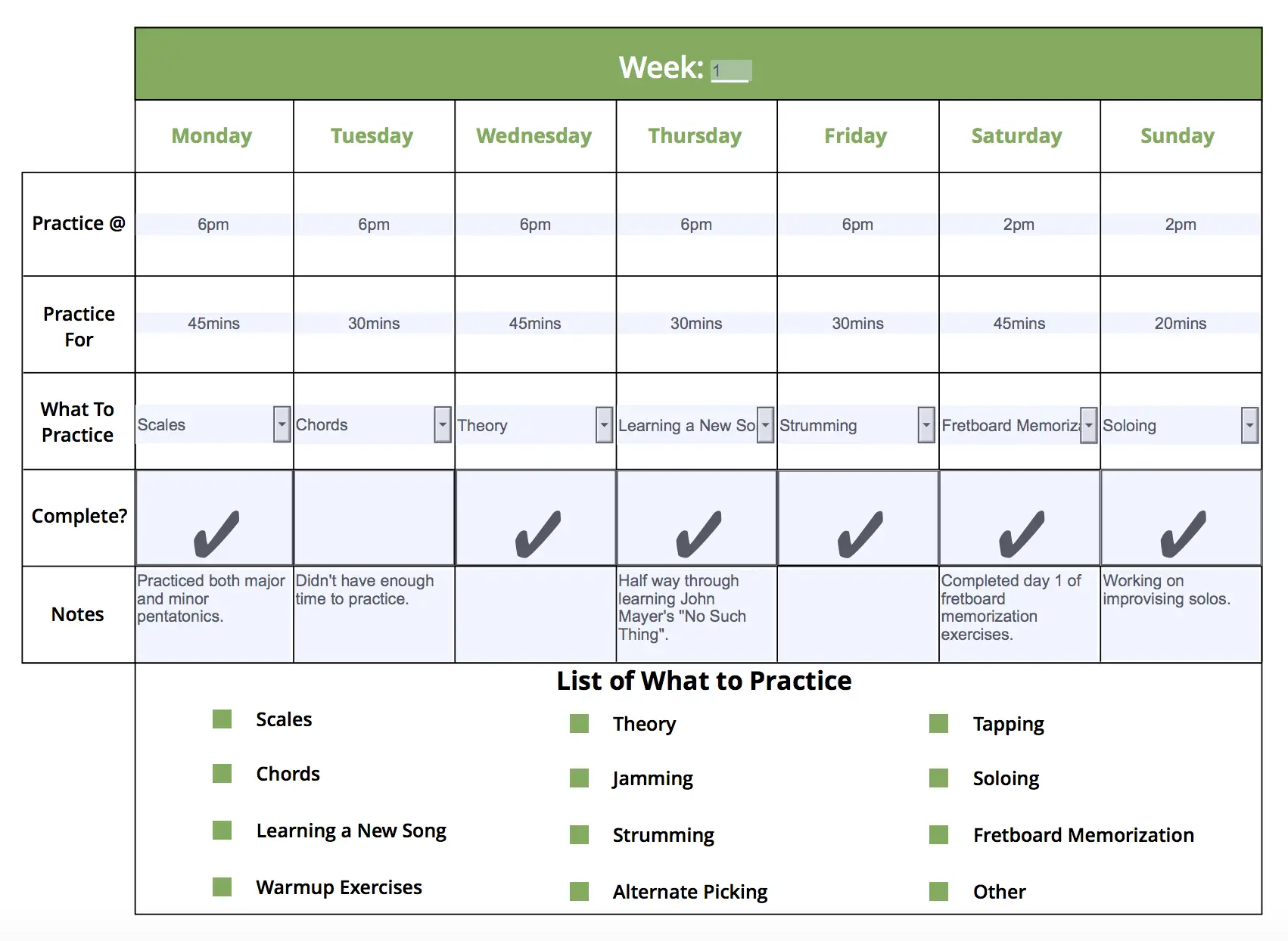
Part of learning a new skill is the practise it takes outside of the lessons. Setting a schedule for practise is key, but it should be reasonable. You need to make it so that your kid still has time to be a kid, but you also want it to be consistent to help them settle into a schedule. Find the time that works best with your child, if they prefer to get homework done before dinner then set practise for after dinner. Speak with them and give them the responsibility of picking a time that works best and hold them too it, don’t forget to set days for lessons as well.
A little bit of practise every day is a valuable discipline to set and gives your child consistency to help them learn. Don’t force them to practise too late however, if it’s looking like you cannot get practise or lessons slotted in with everything else in your child’s schedule then it’s time to take a step back and decide what you actually want your child to focus on so as to not overload them.
Keep Lessons Short

Our brains can only focus for a certain amount of time, especially when we are children. The best way to manage lessons and practise is to keep them short, 30 minutes or less, in order for your child to stay focussed. Any longer and you risk them becoming distracted and not getting anything from the experience.
This fits in both with setting a schedule and, as I’ll discuss later on, finding the right teacher. If your child has a busy day slotting in 15 minutes of practise is better than none, it keeps up a consistent schedule. If a teacher is not willing to work with you in keeping lessons short then you might want to consider the reasons why and how you can work around this. Maybe do multiple lessons a week to cover their minimum time slot or see if you can learn remotely via zoom or skype.
Use Videos
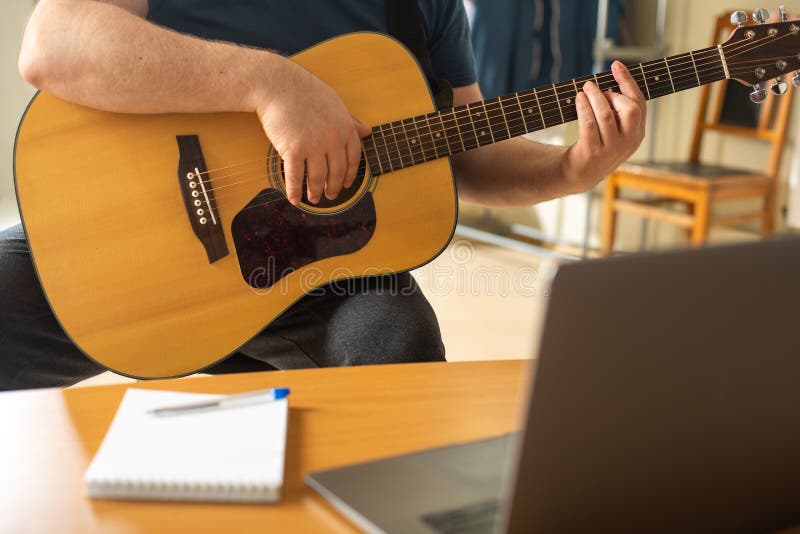
Whether it’s video lessons, recaps or performances having videos is a useful way to keep lessons exciting and provide fantastic refreshers. “Your child will love being able to take the time to review their performances and it helps them feel like a little rock star in the making,” says Joyce Price, business blogger at Best British Essays and UK Services reviews. Video recaps are also fantastic ways to refresh especially if you’ve had large gaps between lessons for holidays or such. They also come in handy if your child is going for certification or exams.
This could also be a good way to learn if your teacher is a fair distance away and travel is difficult, pre-recorded lessons or lessons via video chat are a good way to allow your child to learn from home in their own space without having to deal with the hassle of travel. This also gives your child more time in their schedule that might otherwise get eaten up that they can use to get their homework done or to just be a kid and socialise.
CHECK OUT OUR NO.1 RECOMMENDATION FOR LEARNING GUITAR PROFESSIONALLY. CLICK BELOW AND SIGN UP FOR A FREE TRIAL!
Attend Performances
The best way to make practise fun is to support your child and listen to them perform. This can be them deciding to set up a little concert for you in your house or official performances from school or their lessons that you can attend. No matter what, take the time to go to these and to watch your child. Let them know you are proud of them and make them feel engaged with practise. Your kids are less likely to miss lessons if they feel engaged and supported in their practise. In between performances, it’s important to take time to engage with them at practise sessions. This can help them build confidence and make these sessions a bit more fun. Just make sure if you want to record these performances that the school or teacher will allow you to in case other children are also involved.
Find the Right Teacher
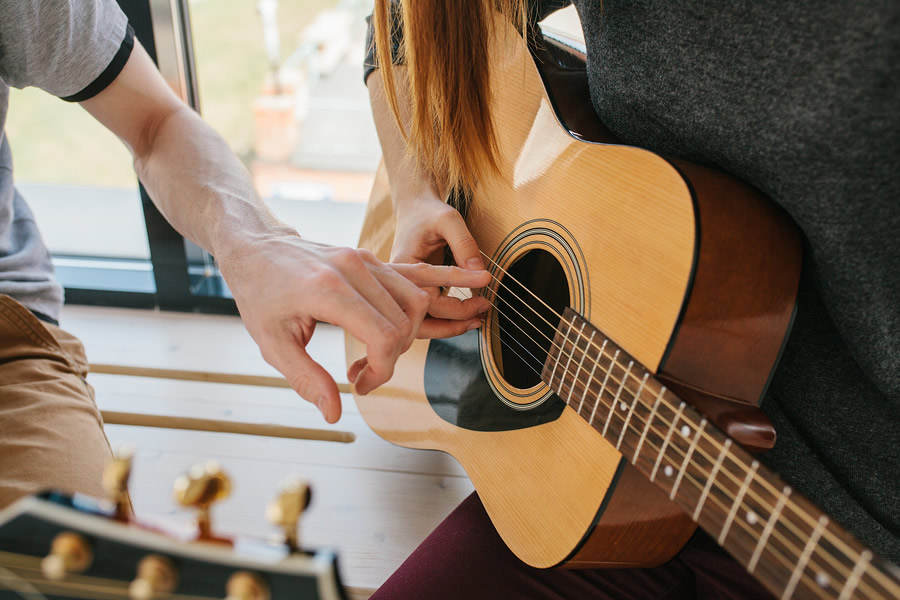
This is a big one, the wrong teacher can completely make the full processes of learning a new skill daunting and traumatic. Make sure the teacher is about dedication and has a true passion for music. Review lessons and sit in if you can with some lessons. Look for red flags if your child seems despondent after lessons or if you hear the teacher talking down to them. Good teachers are truly rare breeds who are able to engage their students and make learning a fun experience. It’s also worth taking into account the way your child learns. Is your child a visual learner? Do they learn more by doing than reading? What about reading? These are important considerations to take into account. Some kids will thrive in an environment where they learn to read music and learn musical theory. It’s a skill they will value and grow from. Some kids, however, are going to turn off as soon as you force them to learn theory as all they really want to do is play music. Any teachers you are considering should be able to give you an idea of their teaching style and let you view some of the materials they will use.
Let Them Choose the Music
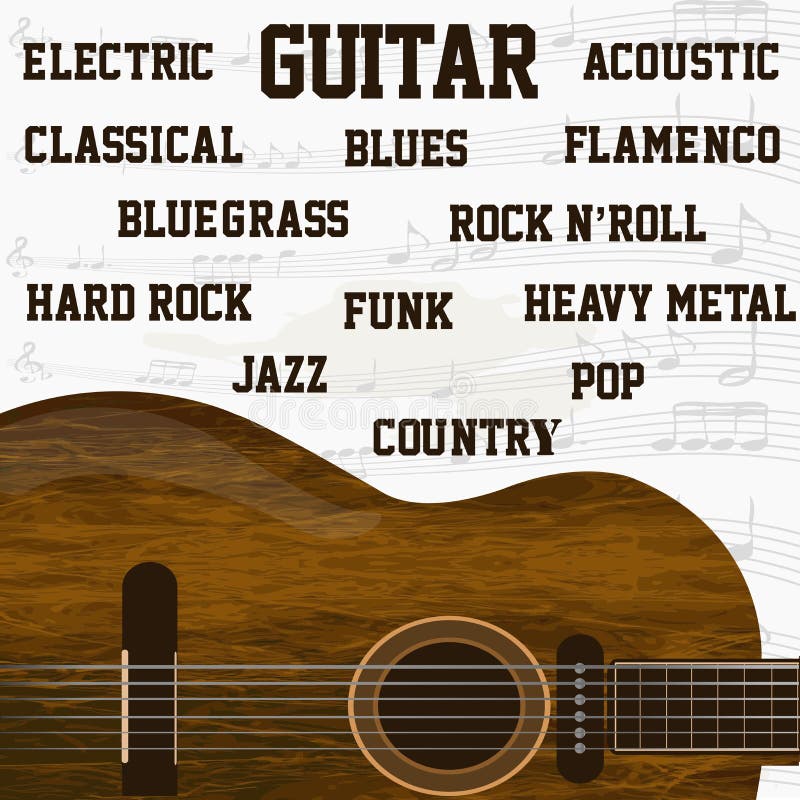
Music, at the end of the day, is a creative and expressive output. As such, it can be a highly personal experience and something that you feel a connection to. Your child may not necessarily like the same music you like, may not play music at “seasonally appropriate” times, and may not stick to one genre. Let them explore and learn what they want to learn. If you hear them playing Christmas carols in July, don’t get frustrated. Instead be proud they are practising and have found music that they feel a connection to. It can be hard to take this step back, especially if they are playing something you yourself are not fond of. However, stifling their creativity is likely to only make your child more stubborn about what they decide to play or to completely give up the skill entirely.
Overall, making guitar practise fun is not a massively difficult task. Kids love to learn, they love to have their curiosity fed and be allowed to develop. Creative kids in particular love to have an outlet for their energy that lets them express themselves. The key things to remember is to be consistent in the schedule, make sure you have a good teacher, set reasonable goals for your child to achieve and don’t force them to concentrate for too long on the subject. The biggest take away is to remember and support your child. Attend their performances, engage with their lessons, listen to their thoughts and what they have learned. At the end of the day every kid just wants their parent to be proud of them, take the time to make them feel that you are and you will reap the rewards for decades to come.
Author bio:
Technical writer and project coordinator, Essay Roo and Big Assignments, Sara Sparrow is a consultant who attends conferences discussing technology and marketing. She contributes her knowledge to various online magazines and blogs like Best essay services.
Please let us know your thoughts below about our article on "How To Teach A Child To Play Guitar"







